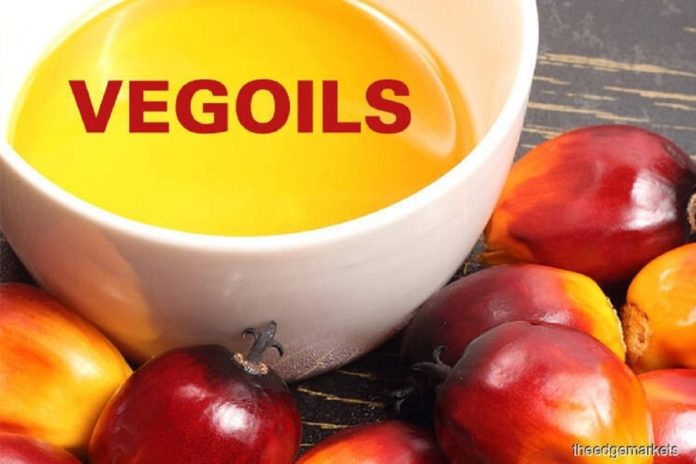The Malaysian Palm Oil Council (MPOC) expects demand for all types of oils and fats to resume, especially for palm oil, which is seen as the most competitively priced vegetable oil in the market.
Chief executive officer Datuk Dr Wan Zawawi Wan Ismail said Malaysia and Indonesia, which contribute 85% of global palm oil production, would be the focus of the international oils and fats trade.
He said the performance of global oils and fats in 2021 revealed that this year had been challenging for both producers and consumers around the world with the Covid-19 pandemic leading to a shift in consumption patterns of oils and fats.
However, he said there are signs of optimism amid the challenge.
“With 30% of global oils and fats production coming from Malaysia and Indonesia, the role played by both countries is vital in forecasting palm oil prices,” he said in his presentation during the Pointers on Price Trends Internet seminar hosted by the MPOC on Monday.
According to data by Oil World, global oils and fats production, namely from palm oil, soybean oil, rapeseed oil, and sunflower oil, is expected to rise to 242.76 million tonnes in 2021 from 238.61 million tonnes in 2020.
The data said out of that, palm oil is the biggest contributor and is expected to contribute 32%, followed by soybean oil (25%), other oils (24%), rapeseed oil (11%), and sunflower oil (8%).
It said consumption of palm oil-based oils and fats would also remain the biggest at 31%, compared to its close competitor soybean oil at 25%.
Wan Zawawi said that overall, the oils and fats industry reacted positively to the resumption of economic activities in major consuming countries as seen in heightened export activities in many countries.
He said the continuous recovery, both in the global economy and oils and fats prices, would likely hold firm at least until the end of 2021.
“Our top palm oil export destinations from January to September 2021 were India at 22.15%, China (11.38%), the Netherlands (6.4%), and Turkey (4.37%).
“With most of the countries coming out of strict lockdowns, the prices of major commodities staged a comeback, and it was also reflected in the rise in palm oil prices, which started the year at RM3,700 per tonne and rose to above RM4,500 per tonne in May, and the price has remained stable since,” he said.
Meanwhile, on market developments globally, he said the Indian government’s decision to lift restrictions on refined palm oil imports from July to December 2021 might change the preference of palm oil imports in India and have an impact on Malaysian palm oil exports.
He said early adoption of the Renewable Energy Directive (RED) II by certain European Union member states is also affecting imports of palm oil into the region.
However, he said the festive season, particularly Diwali in India and Mid-Autumn in China, is expected to boost demand for the commodity.
Pointers is a week-long, web-based seminar accessible to participants at any time and anywhere in the world, covering topics including the fundamentals that are affecting current crude palm oil prices as well as the potential of palm products in Japan’s renewable sector.
The seminar also shared insights from experts into the markets for certified sustainable Malaysian palm oil and prospects for palm oil in Asian countries from 2022 onwards.








